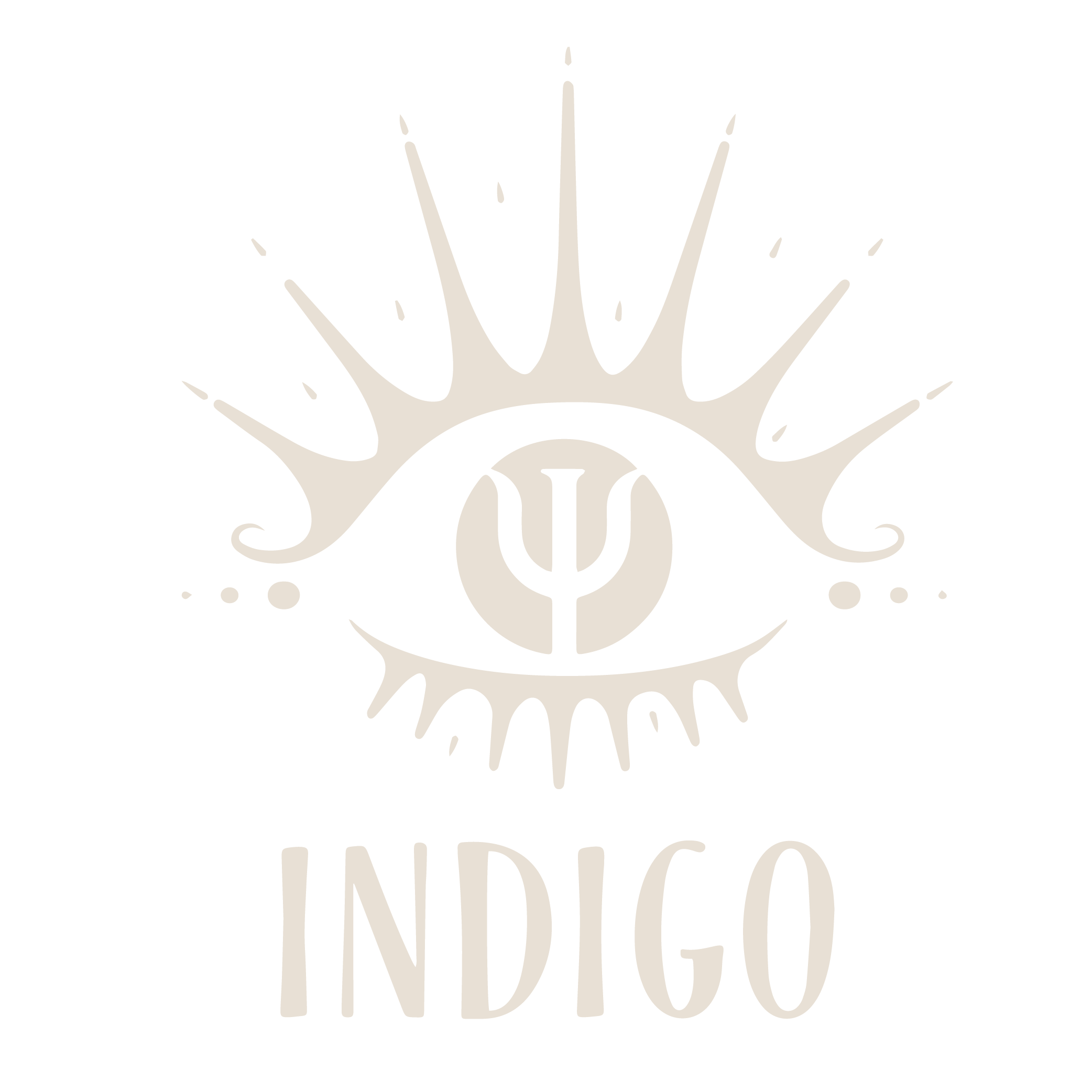Friendships are often seen as lifelong connections—steady and unbreakable.
But the truth is, not all friendships are meant to last forever. Just like romantic relationships, friendships can end too.
And while “friend breakups” may not come with the same fanfare or cultural scripts as romantic ones, they can be just as emotional and challenging to navigate.
Let’s explore how to recognize when it’s time to let go, how to cope when friend breakups happen, and why they can sometimes be the best thing for your well-being.
What to Do When Your Friend Broke Up with You?
When your friend decides to end the relationship, it can feel like a gut punch.
Questions swirl in your mind: What did I do wrong? Was this my fault? While it’s natural to feel hurt, there are steps you can take to process the situation with grace:
- Allow Yourself to Grieve
- Losing a friend is a form of loss, and it’s okay to feel sadness, anger, or confusion. Let yourself experience these emotions without judgment.
- Reflect, Don’t Obsess
- Take time to consider what might have gone wrong, but avoid spiraling into self-blame. Friend breakups often happen because of mutual misalignment rather than a single person’s fault.
- Respect Their Decision
- If your friend has clearly communicated their wish to end the relationship, respect their boundaries. Trying to force reconciliation can prolong your pain.
- Lean on Other Support
- Turn to other friends, family, or a therapist for comfort and perspective. Sharing your feelings can help you process them more effectively.
While friend breakups are painful, they also offer an opportunity for growth and self-discovery.
Is It Normal to Have Friend Breakups?
Absolutely. Friend breakups are a natural part of life, even if they’re not often talked about. People grow, change, and sometimes outgrow one another—and that’s okay.
Here’s why friend breakups happen:
- Life Transitions
- Major life changes—like moving, starting a new job, or becoming a parent—can shift priorities and create distance.
- Misaligned Values
- As people grow, their values may change. A friendship that once felt harmonious may no longer align with who you’ve become.
- Toxic Dynamics
- If a friendship becomes more draining than fulfilling, it might be time to reevaluate its place in your life.
Remember, it’s normal to have different friends for different seasons of life. Some friendships are meant to teach us lessons, while others are meant to last. Both are valuable in their own ways.
How Do You Get Over a Friendship Breakup?
Getting over a friendship breakup takes time, but with a little intention and care, you can heal and move forward. Here are some tips:
- Give Yourself Space
- It’s okay to step back and create distance, especially if the breakup was painful. This space allows you to process your feelings without constant reminders.
- Focus on Self-Care
- Prioritize activities that bring you joy and relaxation, whether it’s reading, exercising, or spending time in nature. Taking care of yourself helps you rebuild your emotional reserves.
- Reframe the Narrative
- Instead of dwelling on what you’ve lost, focus on what you’ve learned. Every relationship teaches us something valuable about ourselves and our needs.
- Rediscover Your Independence
- Sometimes, friendships become a big part of our identity. Use this time to reconnect with your own interests, goals, and passions.
- Open Yourself to New Connections
- While it’s hard to imagine at first, there are countless opportunities to form new, meaningful friendships. Be open to meeting new people who align with your current values and interests.
Healing from friend breakups is a journey, but every step forward brings you closer to clarity and peace.
When Someone Ends a Friendship Abruptly
An abrupt end to a friendship can be particularly jarring. Without closure, you’re often left with unanswered questions and lingering feelings. Here’s how to handle this situation:
- Acknowledge the Hurt
- Abrupt endings hurt, and it’s okay to feel confused or betrayed. Validate your feelings instead of pushing them aside.
- Resist the Urge to Chase
- It’s tempting to demand answers, but chasing after someone who’s made their decision can lead to more frustration. Focus on what’s within your control—your own healing.
- Write It Out
- Journaling can be a powerful tool for processing emotions. Write a letter to your friend (even if you never send it) to express everything you’re feeling.
- Seek Closure on Your Own
- Closure doesn’t always come from the other person. Reflect on the friendship, acknowledge its good moments, and decide to let go of any resentment.
- Surround Yourself with Positivity
- Spend time with people who uplift and support you. Their presence can remind you of the meaningful connections still in your life.
Moving Forward with Grace
Friend breakups are never easy, but they’re a part of life’s ebb and flow.
While it’s painful to let go, it can also open the door to new opportunities, personal growth, and healthier connections.
Remember, every friendship—whether it lasts for a season or a lifetime—plays a role in shaping who you are. Cherish the good memories, learn from the challenges, and trust that the right people will find their way into your life when the time is right.
Because at the end of the day, you deserve relationships that nourish your soul and bring out your best self.

Indigo Therapy Group
Therapy Services for the Greater Chicago Area
Locations
Northbrook Location
Oak Park Location
1011 Lake Street, Suite 425
Oak Park, IL 60301
Things To Know
- Elevators & Parking are available at both locations at the buildings.
- Virtual services are provided throughout Illinois.

